Music for the early semester
Playlist of the week 9/11/20
September 11, 2020
“Lazy Line Painter Jane” – Belle and Sebastian
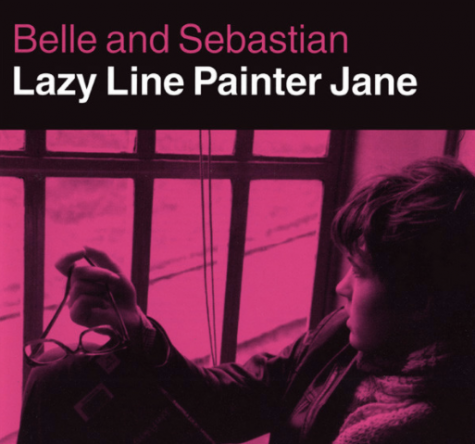
This classic ‘90s indie song was stuck in my head for the majority of last week, thanks in large part to a rolling bass that intensifies at the end and guest vocals from Monica Queen. There’s some speculation online as to what this song is about, whether it be self-pleasure or a girl escaping from home with the first man she finds. The lyrics “You will have a boy tonight / On the first bus out of town” seem to support the latter claim, but the meaning is still inconclusive. Additionally, the stanza, “You know a girl whose tax free on her back / And making plenty cash / While you are working for the joy of giving” adds to the sexual innuendo this song seems to be littered with.
“From the Rivers to the Ocean” – Bill Callahan
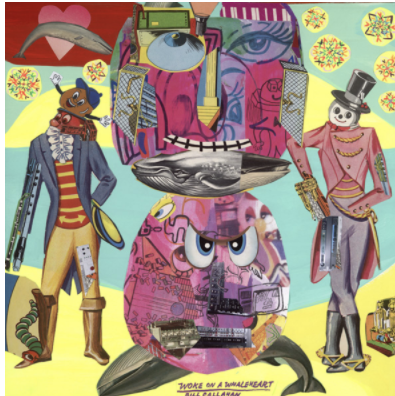
This may be one of the most underappreciated songs I’ve ever come across, with less than 6,000 views on YouTube. A rare combo of country and goth that’s surprisingly beautiful, this love song ends with swimming in the ocean: “Each wave a lunging panther / Sharp-eyed and true.” It also uses a tempo change in more than one place to convey a heavier feeling of dramatism. This feeling can also be found in the lines, “Or we could just get in” and “Let’s get in,” both times referring to the act of getting in the river.
“After the Gold Rush” – Neil Young
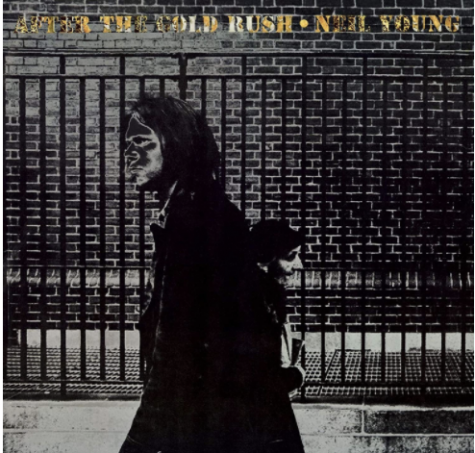
The greatest song written by possibly the greatest songwriter in American music history, “After the Gold Rush” is, for a lack of better words, an epic song off of an even greater album. The most publicly applauded track from “After the Gold Rush” was “Southern Man,” in part due to the response from Lynyrd Skynyrd in “Sweet Home Alabama.” However, it’s the album’s title track that truly captures the spirit of Neil Young’s sense of late ‘60s and early ‘70s wanderlust, with the whole album recorded in the span of three weeks. At the beginning, Young is left alone at the piano for the first two minutes, until accompanied by a flugelhorn, with the whole song being about the last days of an artistic community in California before being destroyed. Before clarification from Young later on, the lyrics and meaning were shrouded in mystery, even to Young himself, who originally forgot what the song was about and said it was based on whatever he was taking at the time.
“Ballerina Out of Control” – The Ocean Blue
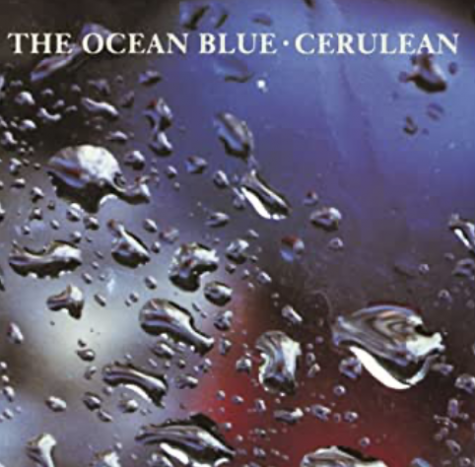
This song doesn’t dance around a hidden meaning and gets to the point with most of its lyrics, describing the persistence of a dancer, or any woman in general, and how even with numerous setbacks, getting up and brushing herself off is the only thing constant in her life. The first lyrics of the song, “Her world came crashing down / And all that it contained. / A million pieces of dreams / Coming apart at the seams,” set the stage for rest. Despite containing both depressing and optimistic content, the song has an unmistakably uplifting quality to it, thanks in large part to the guitar playing. This is a fun song to listen to after having a long day, or to play in the background of the movie that is your life on a particularly dramatic day, when you want to remind yourself that getting up again is always an option.
“Louisiana 1927” – Randy Newman
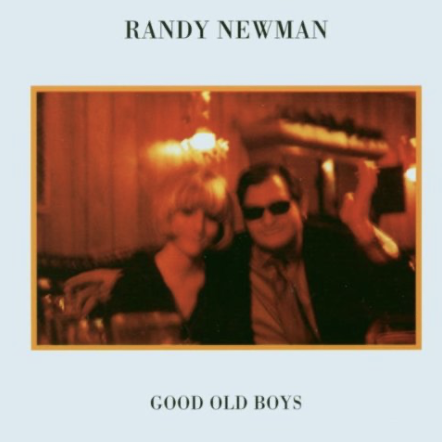
The last song this week is in honor of all those who lost loved ones and belongings due to Hurricane Laura, which made landfall in Louisiana on Aug. 27. “Louisiana 1927” is a 1974 song from Randy Newman that tells the story of the Great Mississippi Flood of 1927, which left over 700,000 people homeless in Louisiana and Mississippi. An interesting set of lyrics describes how “President Coolidge came down in a railroad train / With a little fat man with a notepad in his hand. / President say ‘little fat man, isn’t it a shame / What the river has done to this poor cracker’s land?’” The song conveys the timeless message of natural disaster victims never really being cared for, with the song feeling particularly prescient after similar devastating losses from Hurricane Katrina in 2005.

